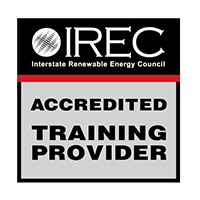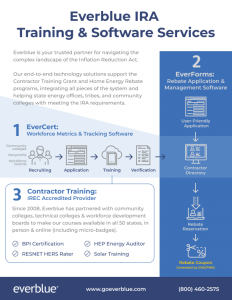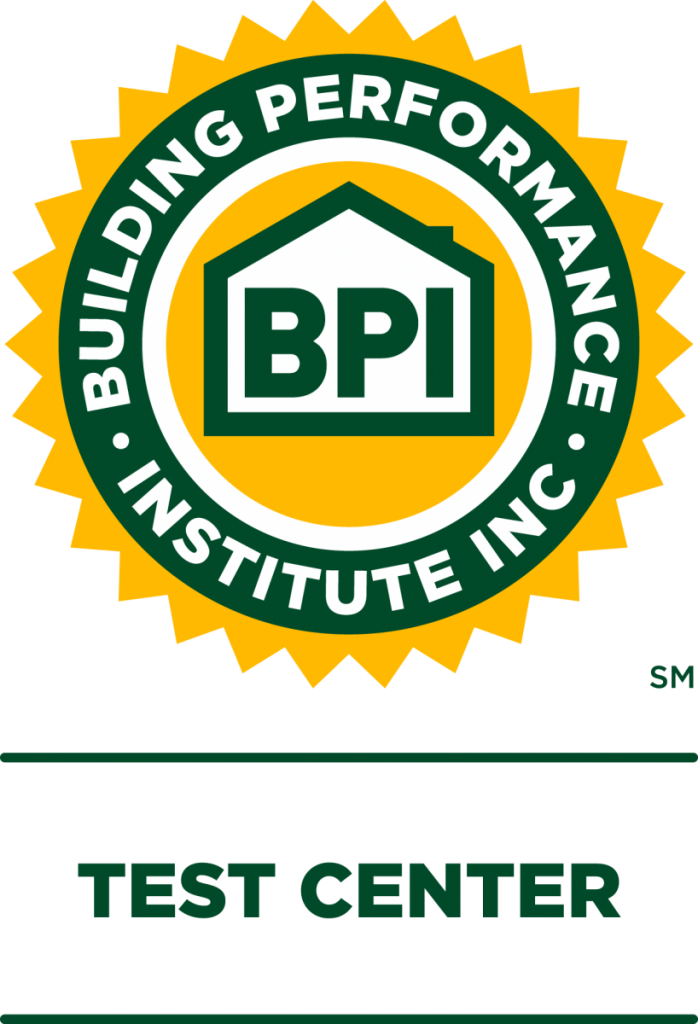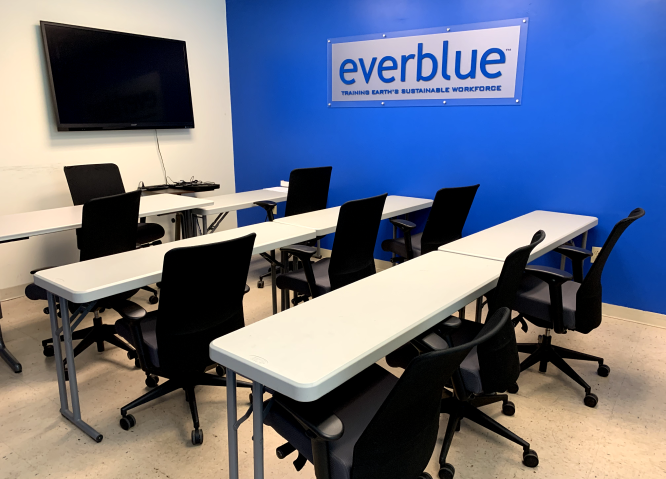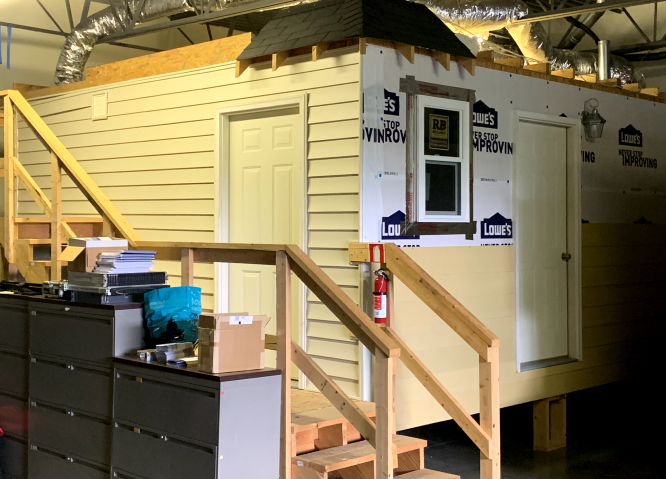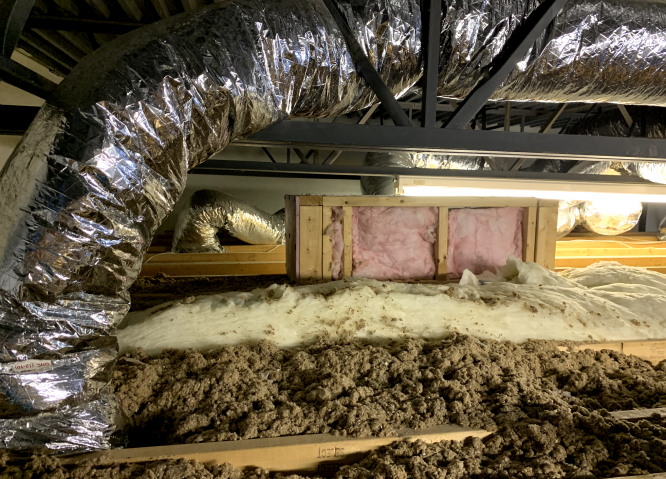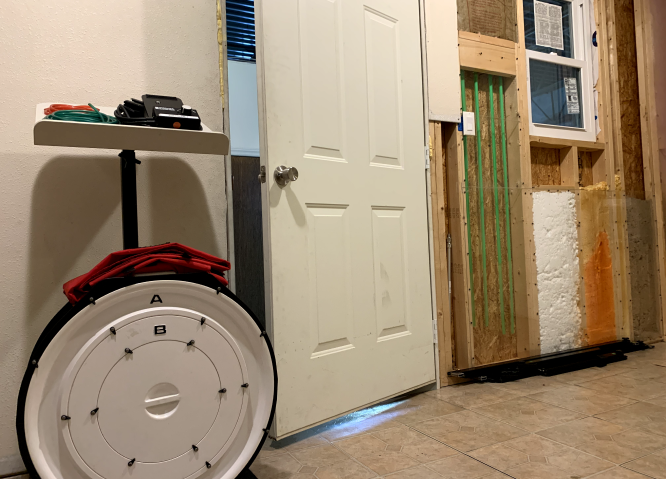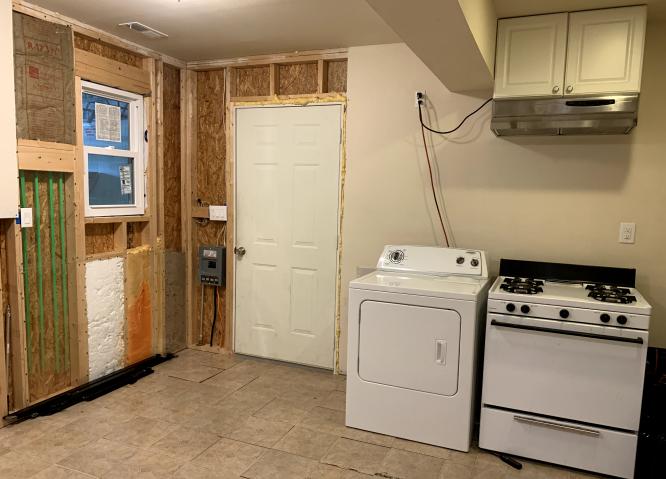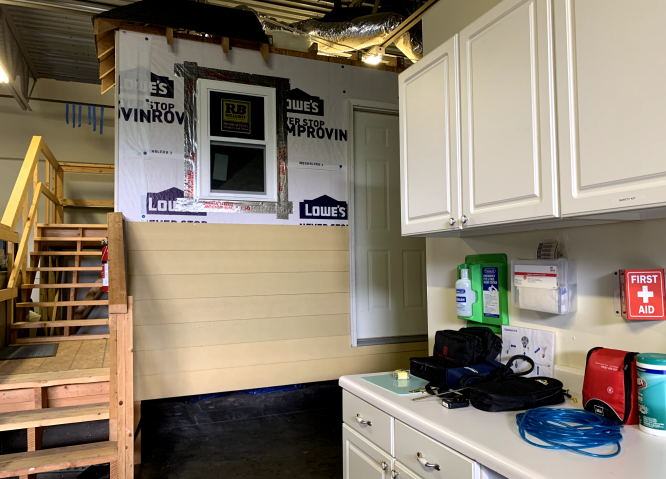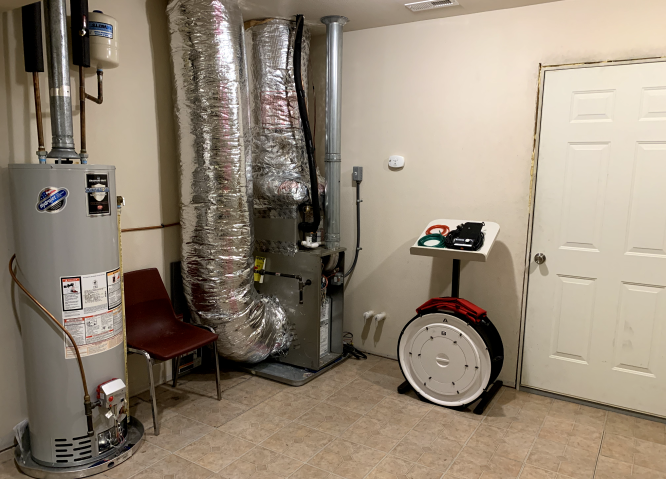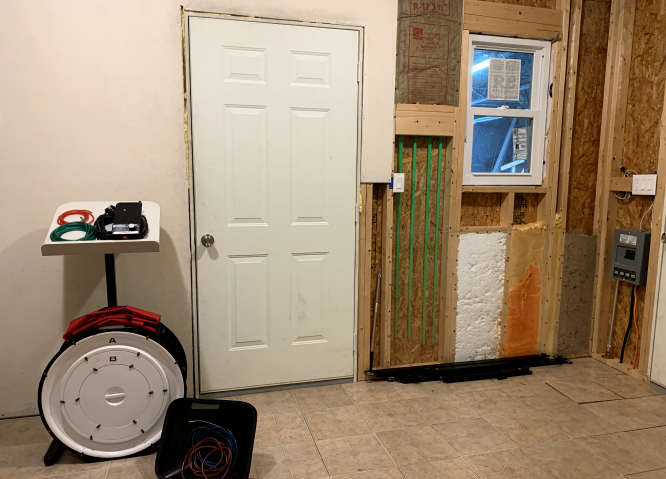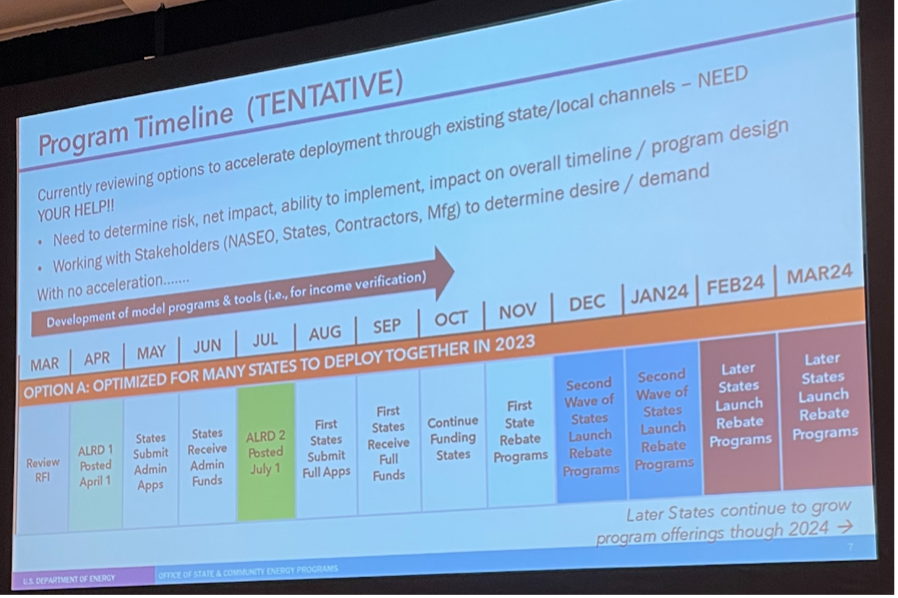No products in the cart.
Everblue Solar & Energy Auditor Training Approved by NCWorks
Everblue is proud to announce that its energy auditor training and solar courses have been approved by NCWorks.
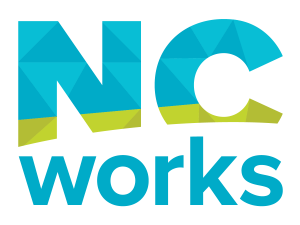
NCWorks is North Carolina’s workforce development system, and its platform, NCWorks Online, is a one-stop resource that helps workers find employment with job postings, labor market information, a résumé builder, and a list of state-approved training programs available for professional skill development.
Approval from NCWorks means that Everblue’s courses are now listed on North Carolina’s Eligible Training Providers List (ETPL), a statewide list of approved training services eligible to receive Title I funding from the Workforce Innovation and Opportunity Act (WIOA).
WIOA is designed to help job seekers access employment, education, training, and support services to succeed in the labor market. Each state receives a relative share of WIOA funding for workforce development activities based on its civilian labor force and total unemployment. Title I funding is designed to be demand-driven, connecting training services to the demands of local area employers.
As part of the course approval process, NCWorks must validate the availability of jobs and the outlook of each occupation that providers train for, ensuring that these training programs align with industry demands and can lead to career opportunities.
Energy Auditor Training
Everblue’s energy auditor training programs are designed for aspiring home energy auditors. These programs, namely BPI Building Analyst and RESNET HERS Rater, provide comprehensive knowledge and skills to diagnose issues within the home that lead to high energy costs, diminished indoor air quality, and compromised comfort and safety.

Solar Courses
Everblue’s solar training programs provide the foundation for multiple entry points in the renewable energy industry. The entry-level NABCEP PV Associate course offers a thorough introduction to solar energy systems and career pathways while also concluding with the opportunity for students to earn an internationally recognized credential from the North American Board of Certified Energy Practitioners (NABCEP). The more advanced NABCEP PV Installation Professional program takes a deeper dive into solar panel system design, installation, operations, and sales, ultimately guiding students to become solar business owners.

“Our programs are designed to meet you where you’re at,” said Quin Peek, Everblue’s Operations Manager. “No matter where you are in the country, we adapt to individual needs with intentionally flexible scheduling, learning options, and accommodations, ensuring that you receive the help you need to advance your career.”
The addition of Everblue’s courses to the NC ETPL is particularly timely, aligning with the recent enactment of the Inflation Reduction Act. This legislation earmarks $370 billion for home energy efficiency, with a specific allocation of $40 million dedicated to workforce development of energy auditors. A slew of other incentives, including tax credits, home energy rebates, and other contractor training grants are expected to increase demand for energy auditing and solar services.
The following Everblue courses are now approved by NCWorks and available to candidates using workforce development grant funding:
- BPI Building Analyst Package
- HEP Energy Auditor
- RESNET HERS Rater Training
- NABCEP PV Associate
- NABCEP PV Installation Professional
For more information about energy auditor training and solar courses, call 800-460-2575 or visit the above links.
